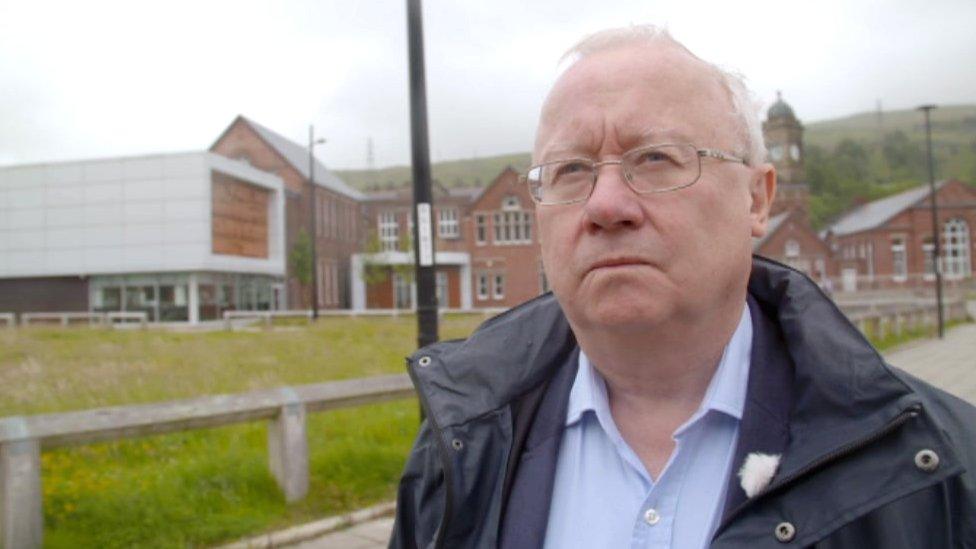Welsh Labour leader vote rules views ignored, activists claim
- Published
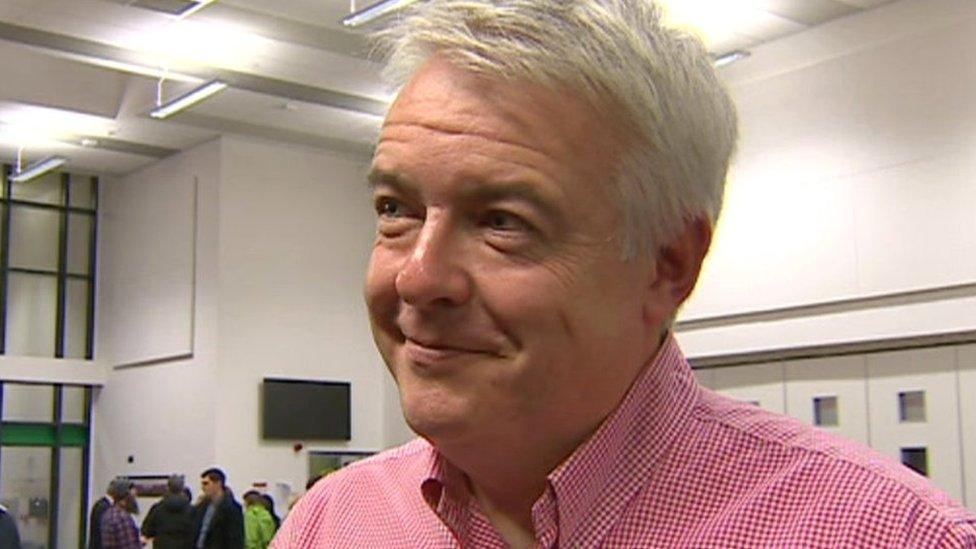
The rules will be used to select Carwyn Jones's successor when he chooses to step down
Labour left-wingers have accused the party of ignoring members' calls to change the way its Welsh leader is elected.
Welsh Labour's ruling executive has rejected proposals to use the same system that elected Jeremy Corbyn - giving equal weight to the votes of all members.
Some activists want the issue to be settled by the Welsh Labour conference.
A party source dismissed the suggestion members were overruled by an "elite".
The decision by the party executive means Carwyn Jones's successor will be chosen under a different system to Mr Corbyn and the Scottish Labour leader.
Mr Jones had been elected Welsh Labour leader in 2009 under the so-called electoral college which counts and weighs the votes of elected politicians, unions and party members separately.
Welsh Labour consulted its members on the rules by which it would elect leaders in future.
Sources say responses were received from 27 constituency parties, 19 of which wanted to use the one-member-one-vote (OMOV) system.
Only five wanted to keep the electoral college, but the Welsh Executive Committee (WEC) decided this month to retain it - a decision welcomed by the first minister.
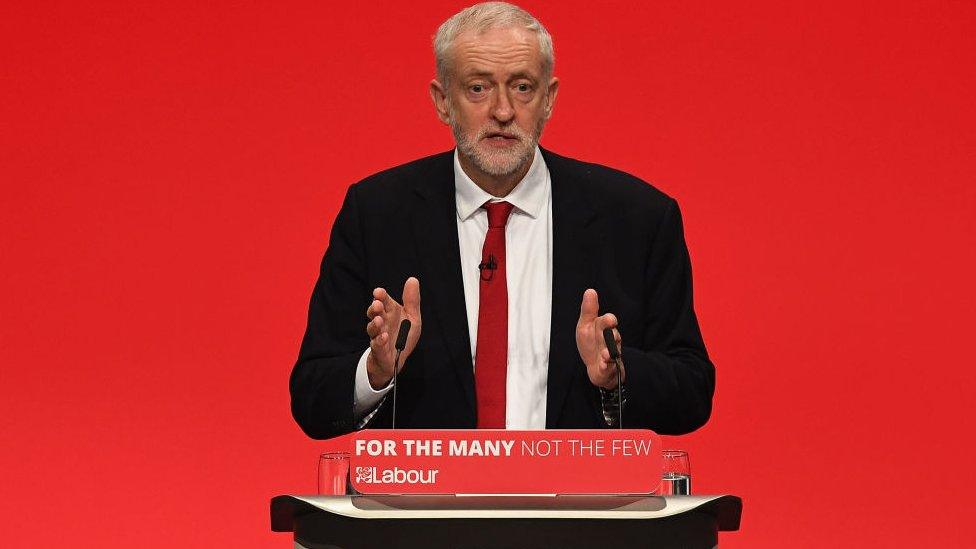
Jeremy Corbyn was elected under one-member-one-vote, rather than an electoral college
Last week Labour members in the Cardiff North constituency unanimously voted to express "deep regret" at the move.
They also called for the party to put off an election for the new post of deputy leader until after the next Welsh Labour conference in spring 2018.
Welsh Labour Grassroots - allied to the left-wing Momentum group that grew out of Mr Corbyn's leadership campaign - is hoping other constituencies do the same.
In a statement it said: "Given the clear signal from the party membership in Wales that OMOV is their preferred voting system, we are deeply concerned that the WEC chose to ignore this."
First Minister Carwyn Jones, asked by BBC Wales about the decision last Monday, said: "We have a system in Wales that has served us very well.
"We are a family - we are individual members, we are trades unions and elected members. That has served us well in terms of uniting the party."
Mr Jones said it was "not as if members don't have a vote - they have one-member-one-vote as part of an electoral college".
"I don't think it would be right to change any system in the teeth of opposition from a member of the family," he added.
'Made in Wales'
On Tuesday, a party source dismissed the idea that members had been overruled by an "elite" - and said the 2017 Welsh Labour conference gave the WEC responsibility to decide the rules.
It is understood some constituency Labour parties only narrowly decided in favour of OMOV.
"The idea that they came down decisively and were overruled isn't true," the source said.
In a statement, the party said: "At Labour Party Annual Conference 2016, a package of rule changes was agreed, which granted significant extra powers and autonomy to the Party in Wales - recognising the importance of making sure that decisions that affect the party in Wales are made in Wales.
"Delegates from CLPs [Constituency Labour Parties] and affiliates to Welsh Labour Conference 2017 agreed that the position of deputy leader of Welsh Labour would be established, and that responsibility for agreeing the procedures for election of the leader and deputy leader of Welsh Labour would lie with the Welsh Executive Committee.
"Following a four month consultation with trade unions, affiliate organisations, and Constituency Labour Parties, the Welsh Executive Committee agreed to maintain the system that has been used in Wales since the establishment of the National Assembly for Wales in 1999."
- Published4 November 2017
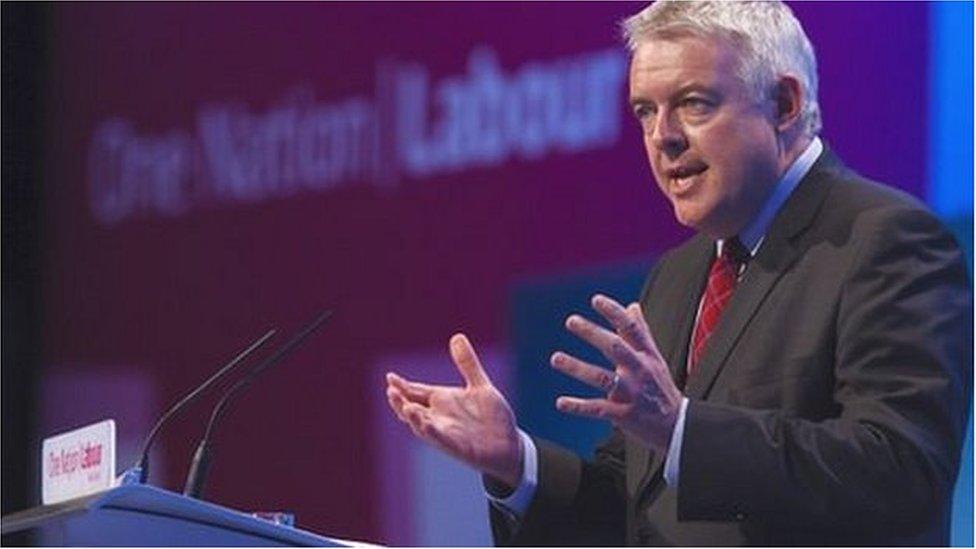
- Published1 November 2017

- Published27 November 2016

- Published24 September 2016
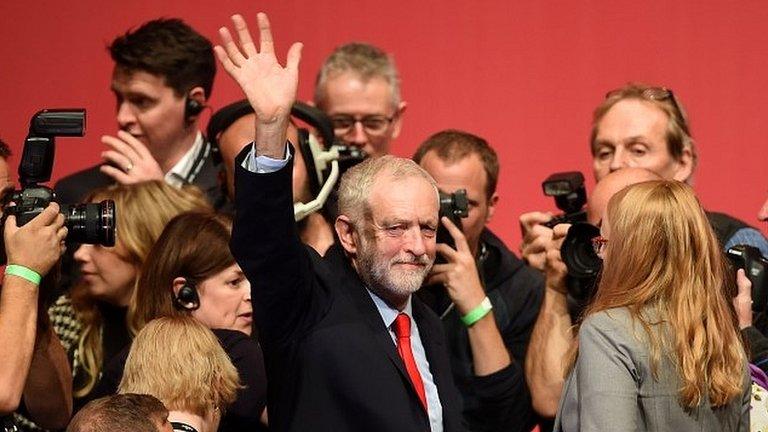
- Published21 September 2016
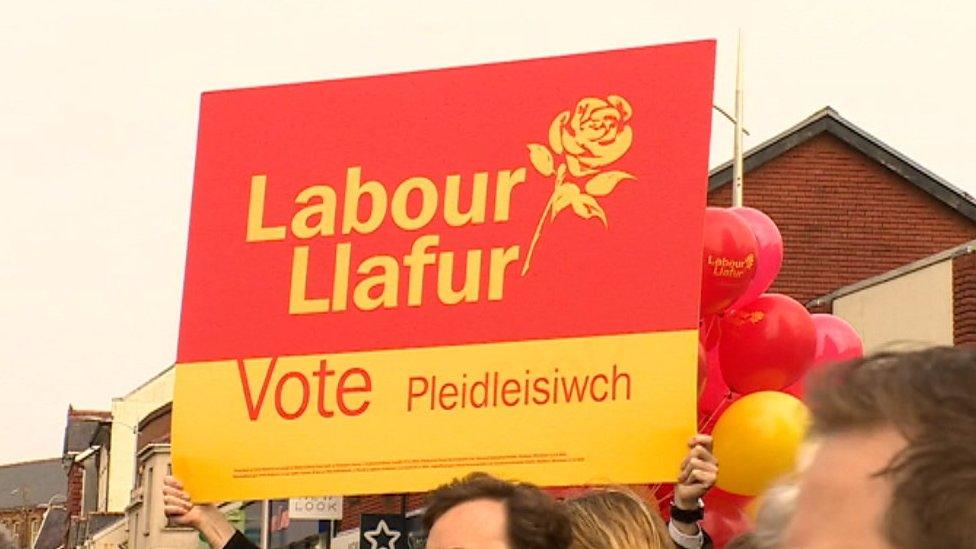
- Published21 September 2016

- Published24 July 2016
